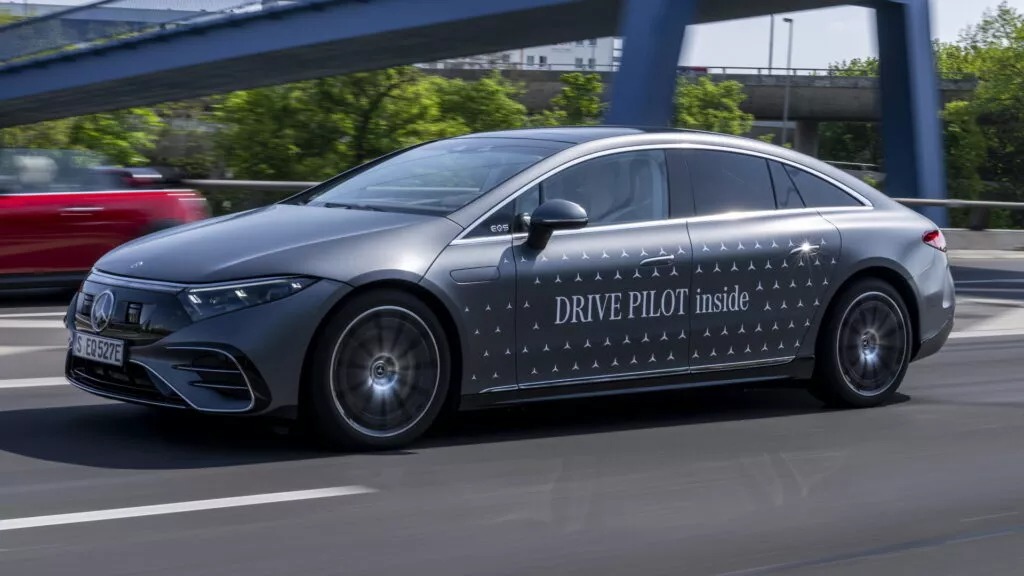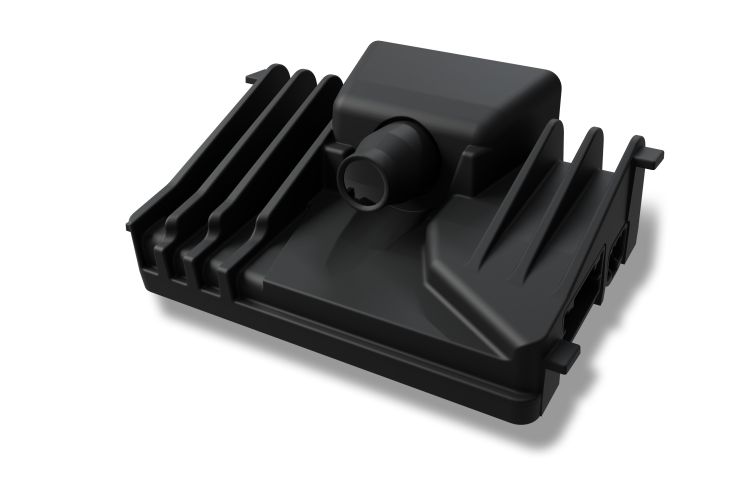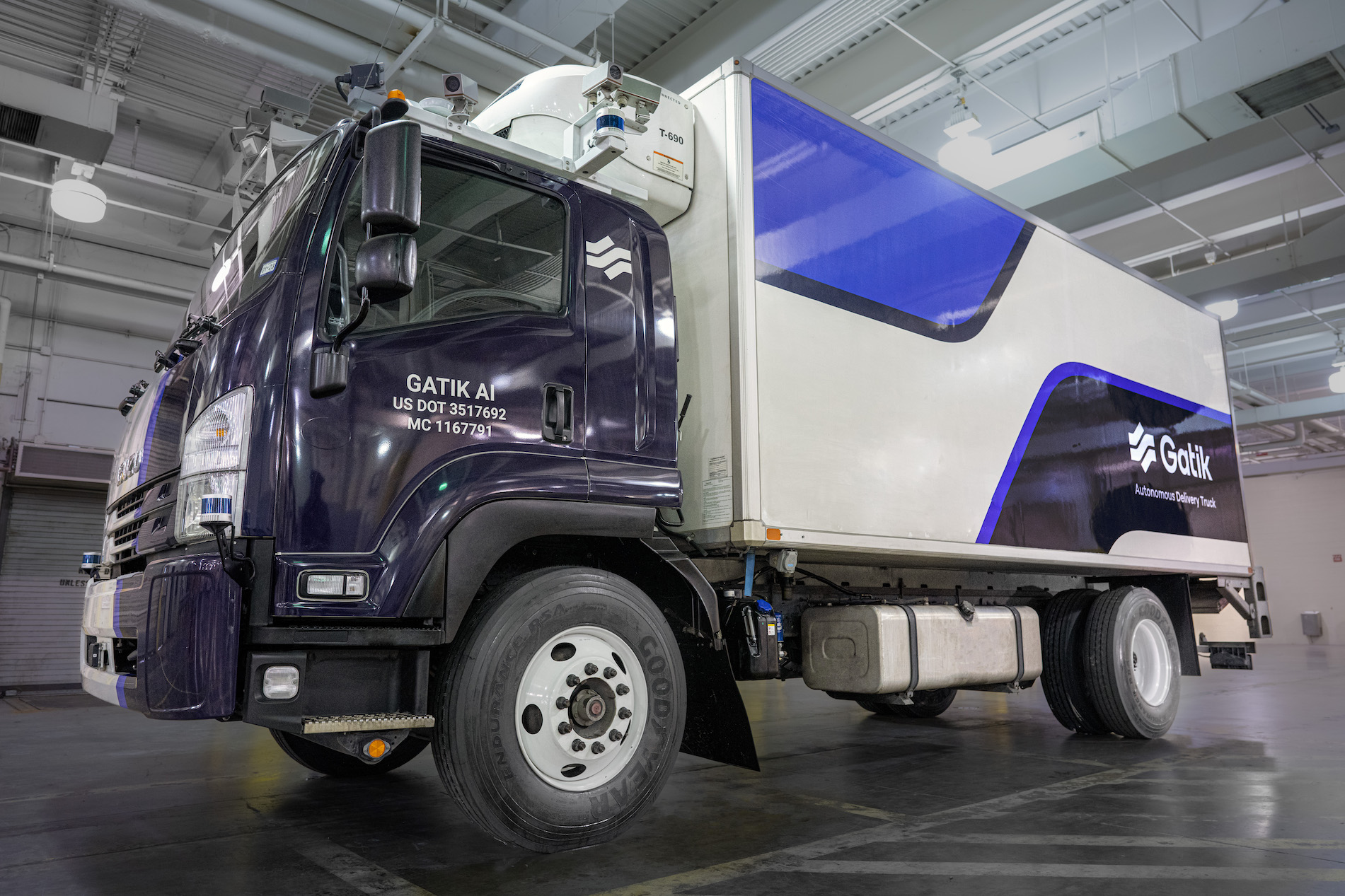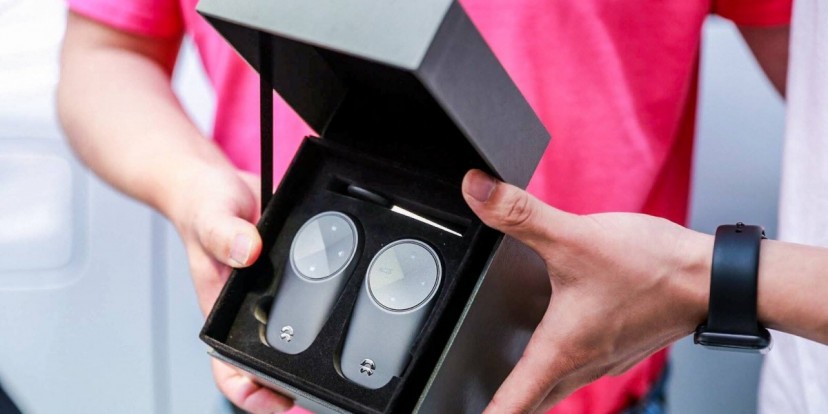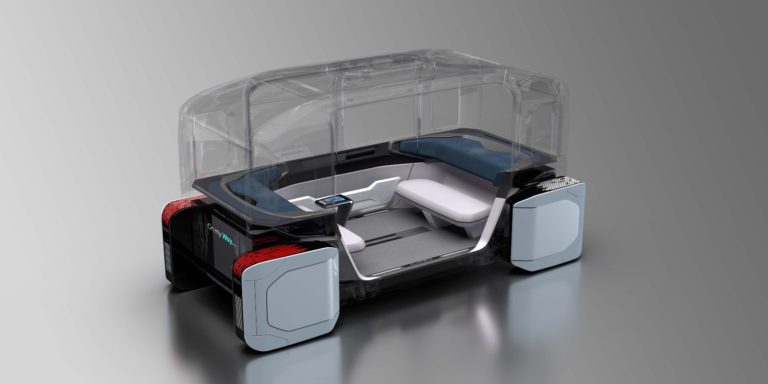Mobileye, a self-driving car division of Intel, has received a permit from TÜV SÜD, an independent third party in Germany, to test its autonomous vehicle technology on German roads using NIO ES8 vehicles.
This permit will allow Mobileye to expand its pilot phase in Germany and operate its Mobileye Drive-equipped NIO ES8 vehicles with a responsible safety driver on all roads in the country. Mobileye has been testing NIO ES8-based autonomous vehicles in Germany since announcing the plan more than a year ago.
Intel and Sixt SE have announced plans to launch a self-driving ride-hailing service in Munich in 2022, with the goal of eventually rolling it out to other parts of Germany and Europe. The NIO ES8 vehicle, equipped with Mobileye’s self-driving hardware and software, will be used for the service, as well as for integrating on-demand shuttles into public transportation in Germany.
Testing of these services on German roads is expected to accelerate throughout 2023, once EU and German authorities adopt regulations for safe self-driving testing and deployment in 2022. Until all approvals and permits required for the vehicle to operate fully driverless are obtained, a safety driver will be present.
The NIO ES8 vehicles being tested have been modified with a range of sensors and equipped with Mobileye’s autonomous driving system, Mobileye Drive, which consists of 13 cameras and a stand-alone assisted sensing system. The system allows for the scalability of different mobility-as-a-service offerings, including autonomous robotaxis, public-transit shuttles, and last-mile goods delivery.
On November 5, 2019, NIO entered into a partnership with Mobileye to jointly develop L4 autonomous driving vehicles. Mobileye has not disclosed the number of vehicles being used for testing in its latest press release, though Intel stated in September 2021 that the test fleet will initially consist of a few dozen vehicles and will expand over time.


